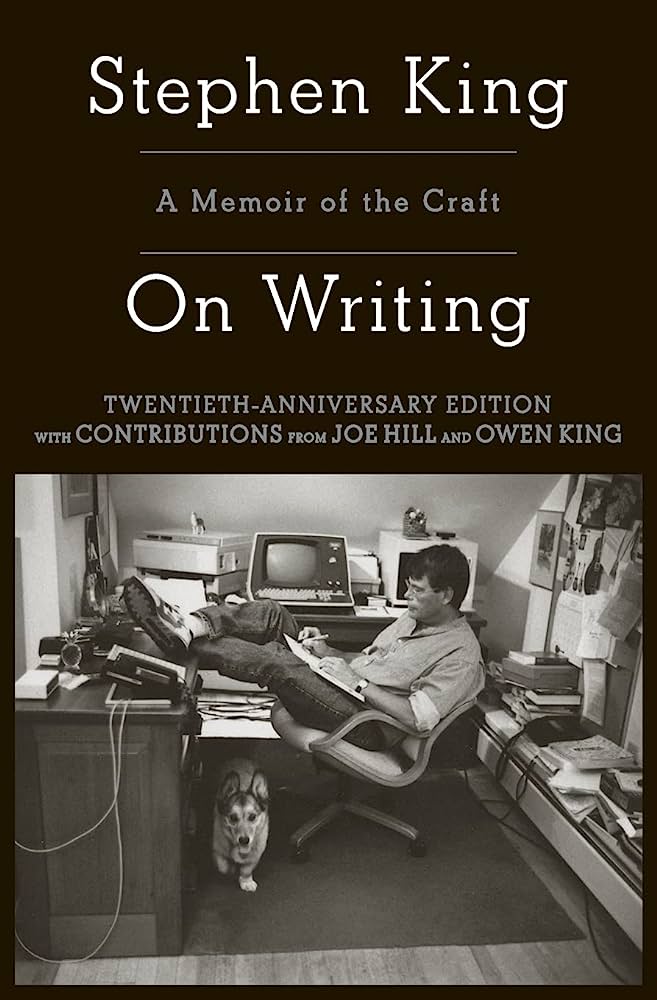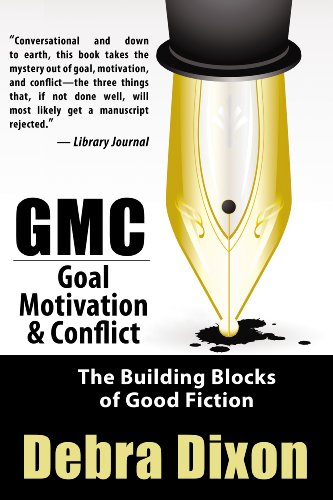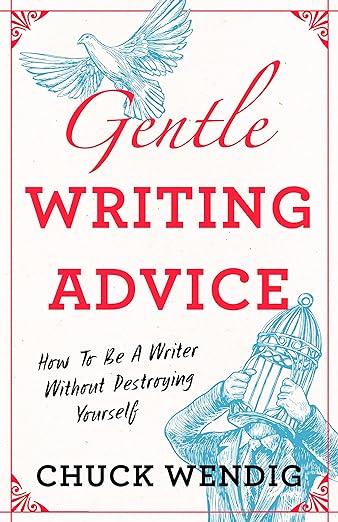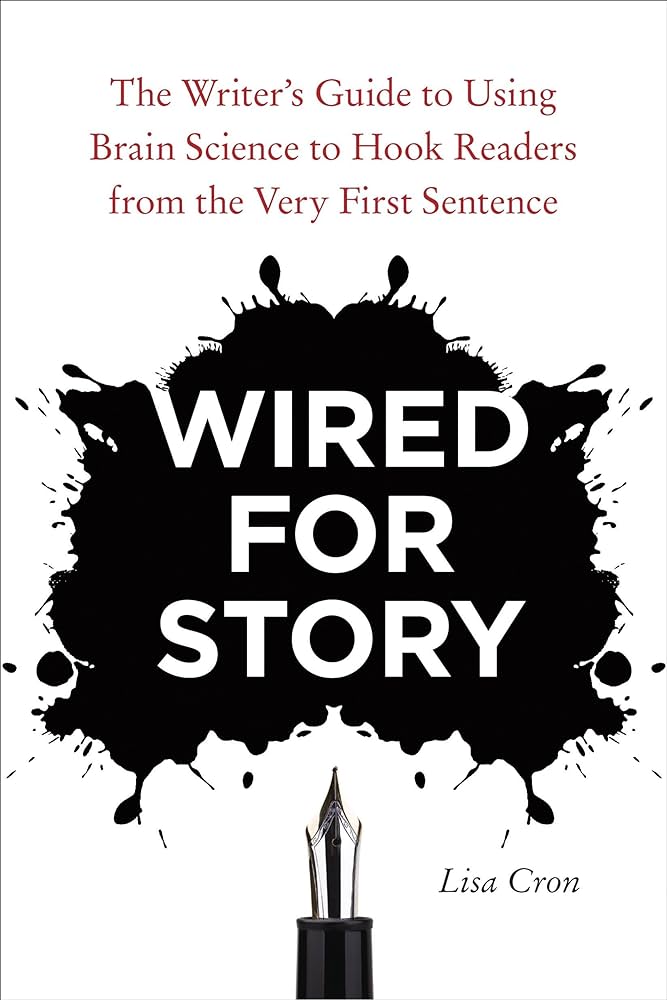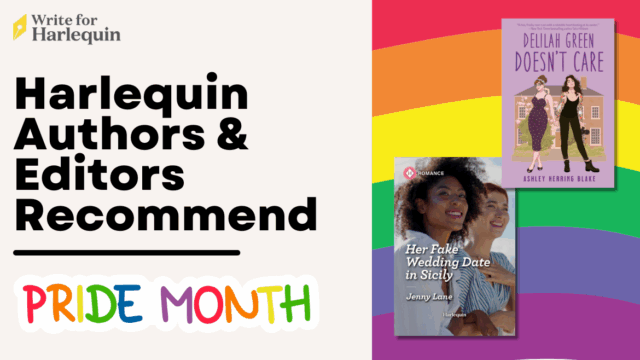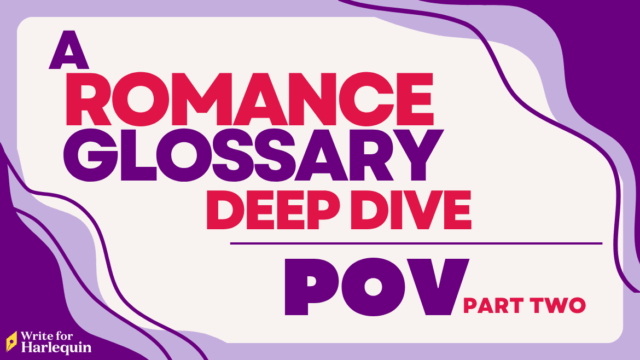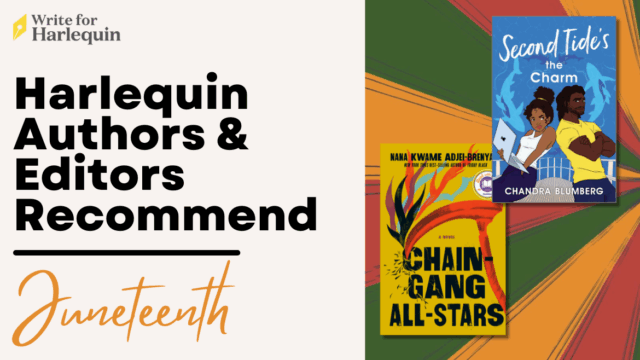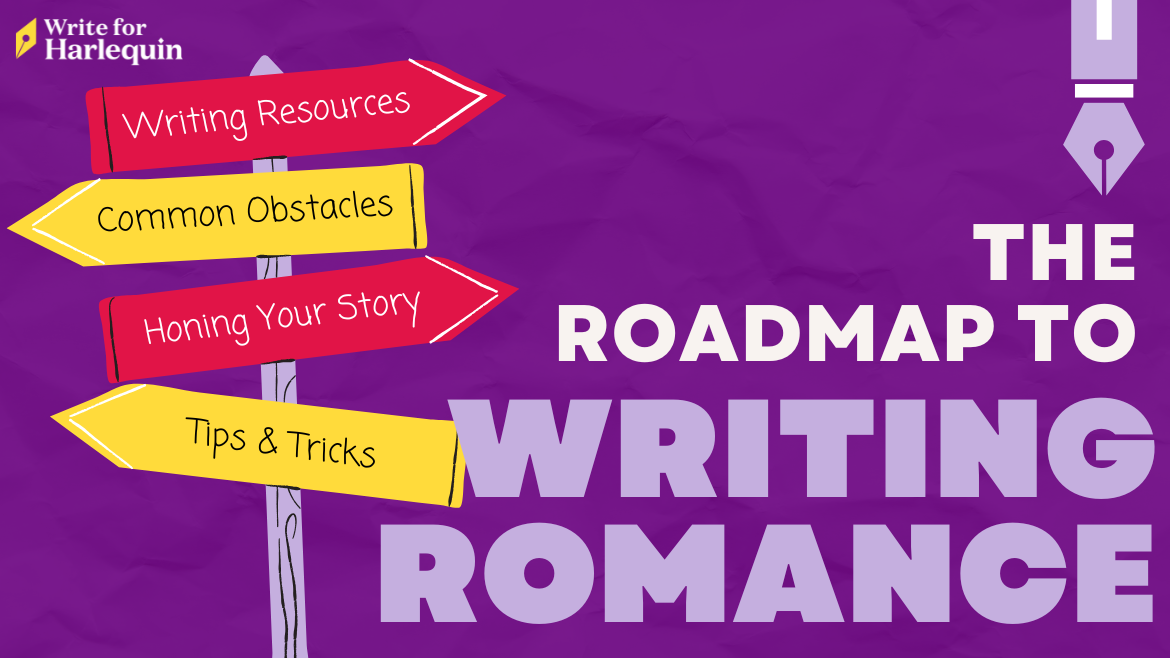
Get ready for HEA Writing Week from October 30 to November 3 with this top list of writing resources recommended by Harlequin editors. Let’s face it, writing is hard! These books on writing lay out all the pieces you’ll need to craft a well-written story.
On Writing by Stephen King & The Writers Journey by Christopher Vogler
Recommended by Executive Editor Kathleen Scheibling
On Writing by Stephen King is full of great writing advice, kind of a top-to-bottom resource for writers. So often writers are focused on creativity and the story itself, but as Uncle Stevie will tell you nothing beats “a** in chair.” Writing is a job and jobs take discipline. It’s also just a great read from the master of horror, which is a genre, as is romance fiction.
For story structure, I still turn to The Writer’s Journey by Christopher Vogler, which outlines the steps of the classic “hero” character’s story. That structure can be adapted in a myriad of ways, but learning the basics of structure is essential before you start bending or breaking the rules!
GMC: The Building Blocks of Good Fiction by Debra Dixon
Recommended by Associate Editor Katie Gowrie
GMC by Debra Dixon is one of my favorites! The advice is clear, simple, and relevant to writers of any genre. By homing in on three elements of storytelling—goal, motivation, and conflict—Dixon helps break down into digestible pieces the sometimes overwhelming topics of character development and plotting. Dixon’s advice helps writers build characters and understand how those characters will drive the plot and create tension, avoiding common pitfalls like a saggy middle. Plenty of examples from various genres are provided to get the key points across, and handy charts are included! This book is worth checking out if you haven’t before, or refreshing your memory if it’s been a while.
Gentle Writing Advice: How to be a Writer without Destroying Yourself by Chuck Wendig
Recommended by Associate Editor Emma Cole
Chuck Wendig’s Gentle Writing Advice: How to Be a Writer Without Destroying Yourself is not your average writer’s guide. There are great insights into “The Rules of Writing” and when you may need to follow or avoid them in this book. But it’s much more about giving writers, both new and experienced, the tools to survive and thrive as creative people. Chuck gives readers a refreshingly honest take on the life of a writer, and how to balance the work with a day job, a family, other hobbies, the internet, and the business side of writing (if you’re interested in a foray into publishing). There is a lot of humor here (and a lot of cursing, which to be fair, Chuck warns readers about from the very start), but there’s also a lot of great advice on how to create a writing practice that works for you. I found it to be incredibly valuable not only as a writer (admittedly, I’m not a prolific writer, but I do dabble) but also as someone working in an industry where it’s easy to forget that writing is about more than just creating content for consumption.
Wired for Story by Lisa Crohn
Recommended by Associate Editor John Jacobson
Wired for Story utilizes some ideas in neuroscience and how our brains work to think of new ways to tell a story. It takes a no-nonsense approach to explaining what story elements can be more satisfying for readers – the importance of a strong opening and ending, for instance – and it shows that “craft” isn’t just about writing beautiful sentences but figuring out the best way to engage a reader with a story. With examples from novels, screenplays and short stories, its reminders about the seeing the big story and telling it effectively are valuable for writers who can get very focused on the details on the page.
Want to know more about the editors behind these recommendations? Meet the editors.


